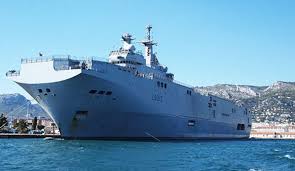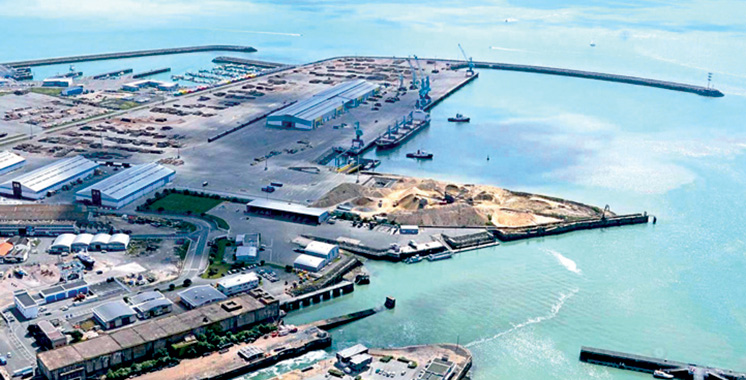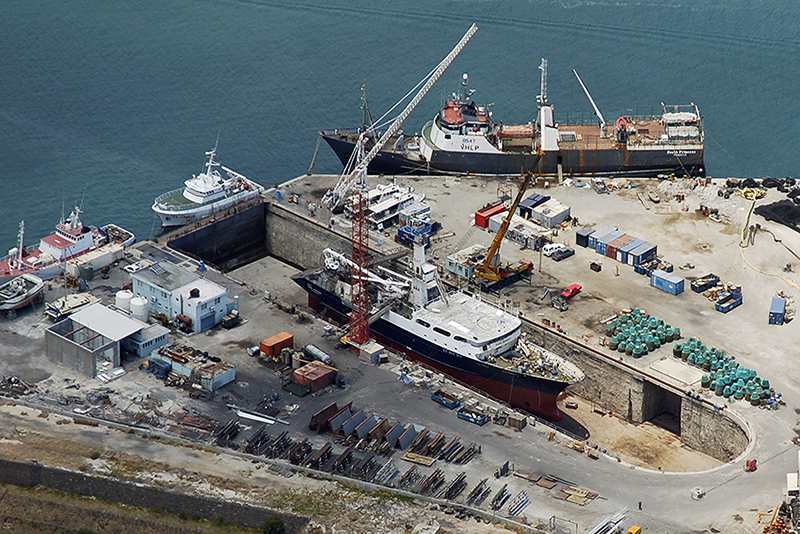
Лідери суднобудування Іспанії: сучасний огляд
The Spanish shipbuilding industry boasts a rich history and a dynamic present, with several companies leading the way in innovation and craftsmanship. Among these, Лідери суднобудування Іспанії: сучасний огляд shipyard Spain stands out for its commitment to excellence and its extensive portfolio of maritime vessels.
Spain’s geographical advantages, with its extensive coastline and proximity to major shipping lanes, have historically positioned it as a critical player in the maritime industry. The shipbuilding sector contributes significantly to the economy, not only by creating job opportunities but also by fostering technological advancements and international trade.
Historical Context
The roots of Spanish shipbuilding can be traced back to the Age of Exploration, where vessels were constructed to support lengthy voyages across the oceans. The legacy of this era is evident in the thriving shipyards that exist today, which have evolved to meet modern demands. Over the centuries, Spain has developed a reputation for constructing a diverse range of vessels, including commercial shipping, naval ships, and luxury yachts.
Key Players in the Industry

Today, several shipyards stand out in the Spanish maritime sector. Companies like Navantia, Astilleros de Alegría, and Hijos de J. Barreras are at the forefront of shipbuilding. Each of these companies specializes in different segments:
- Navantia: A leader in the naval segment, primarily focused on defense ships and submarines. Navantia has a robust international presence and collaborates with various countries to develop technologically advanced naval vessels.
- Hijos de J. Barreras: Specializes in the construction of high-end passenger ferries and luxury yachts. Their commitment to quality and innovative designs has made them renowned in the luxury yacht market.
- Astilleros de Alegría: Known for their work in the commercial shipping sector, providing various vessels that cater to different industrial needs.
Innovations and Technologies
The Spanish shipbuilding industry continuously invests in research and development to remain competitive. Innovations such as eco-friendly propulsion systems, automated shipbuilding processes, and advanced software for design and simulation are reshaping traditional methods. Additionally, there is a strong focus on sustainability, with companies striving to reduce emissions and enhance energy efficiency across their fleets.
Advanced technologies, like additive manufacturing and robotics, are increasingly being utilized within shipyards, allowing for more precise construction and reduced production times. This technological embrace not only improves the quality of the vessels but also enables shipbuilders to respond swiftly to market demands and trends.
Challenges Facing the Industry
Despite the progressive outlook, the Spanish shipbuilding industry faces several challenges. Competition from low-cost shipbuilding nations poses a significant threat. Countries like China and South Korea have begun to dominate the global market due to lower labor costs and government subsidies. To counter this, Spanish shipbuilders are focusing on quality and specialization, offering unique vessels that incorporate cutting-edge technology and customization.

Additionally, economic fluctuations and the consequences of the COVID-19 pandemic have impacted investment and trade within the sector. Shipbuilders are adopting more flexible business strategies to adapt to these changing conditions, ensuring they can weather such economic storms in the future.
Future Prospects
The future of the Spanish shipbuilding industry looks promising. With a growing emphasis on green technologies and sustainability, shipbuilders are likely to prioritize the development of eco-friendly vessels. Investment in research and training is essential to ensure that the workforce is equipped with the skills necessary for the advanced technologies that will define the industry.
Furthermore, as global trade continues to ramp up post-pandemic, the demand for new vessels is expected to grow. Spanish shipbuilders are well-positioned to leverage this demand by offering innovative solutions, quality vessels, and a commitment to sustainability. Strong governmental support and investment can further boost the industry’s capabilities and global standing.
Conclusion
In conclusion, the leaders of the Spanish shipbuilding industry embody resilience, innovation, and a commitment to excellence. Companies like Hijos de J. Barreras and Navantia have set high standards not only in Spain but across the global maritime landscape. As they navigate the challenges ahead, their focus on sustainability and technology will be key factors in ensuring their continued success in the ever-evolving world of shipbuilding.